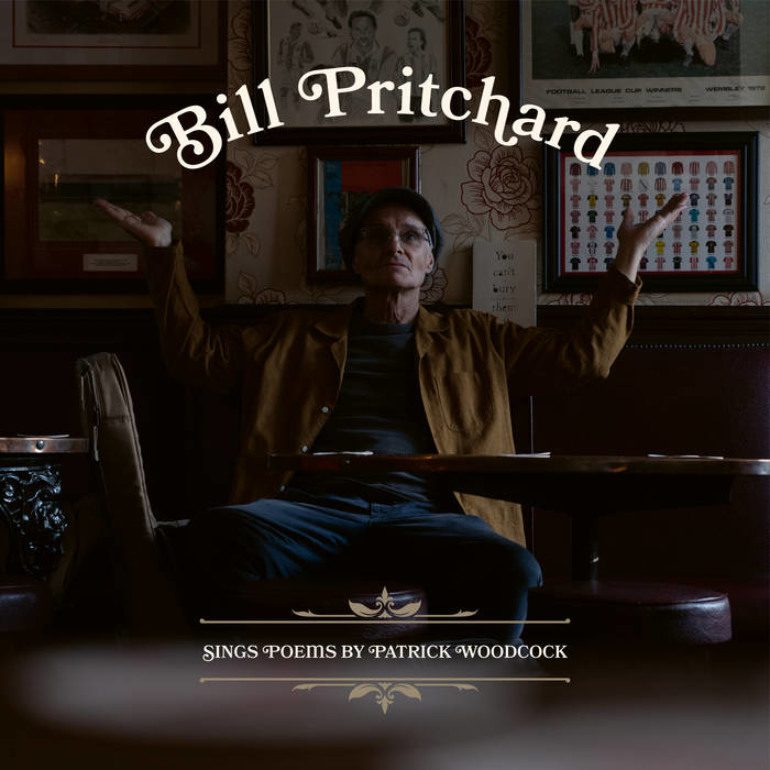

Genuine Exploration of the Beauty in Blending Art
Bill Pritchard, after years and years of collecting invaluable experience in the music industry, surely knows his way around an album. With Sings Poems by Patrick Woodcock, however, he may have finally met art that’s subtly bested him. In other words, the lyrics on each track, which are indeed lines of poetry written by Canadian poet Patrick Woodcock, somewhat trump the voice of this seasoned singer.
As the story goes, Woodcock once approached Pritchard, asking him to write something based on one of his poems. Instead, Pritchard opted to test the lengths of Woodcock’s poetry, using eleven poems to create an album that’s quite quaint. Adding music to multiple pieces of Woodcock’s poetry proved to be this album’s main selling point, of course. Pritchard grants significance to the works of poetry within the music, letting listeners really understand and feel the musical qualities of Woodcock’s work. He does so by enhancing all of them by way of a shockingly cool delivery that’s always allowed him to appeal to plethora of fans.
“The Lowering,” the first track on the album, contains a steady guitar. With this one, listeners definitely should feel that relaxed vibe Pritchard’s given off for years at this point. He becomes just like a man who’s reading poems to his grandchildren as he sits on a rocker, and the result is priceless, evoking images of an endearing family member. Pritchard, too, changes up his tone from time to time, making sure that the poems, when sung, are given the same authenticity they possessed when they were originally composed by Woodcock’s hand.
“Private Bar” comes next, and it includes the sounds of a piano. It exploits the beauty a bit of anaphora can bring to poetics, and that beauty fortunately carries itself over into the album. This is, perhaps, the most appealing thing about Pritchard’s intentions here: each song, because they’re already poems on pages out in the world, is a multifaceted beast with dual personalities. Including this track helps highlight Woodcock’s storytelling capabilities to the masses, all of it being done through the assistance of Pritchard’s gentle voice.
What this album suffers from most has to be what it does so well, as contradictory as it may sound. Having poems serve as the basis of the music is undoubtedly compelling, but, because that’s what each and every track is, listeners could possibly have trouble finding the line between what’s working best. Is it Woodcock’s powerful words or Pritchard’s musical reputation?
